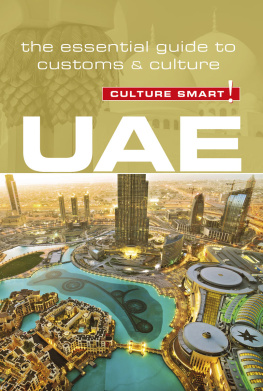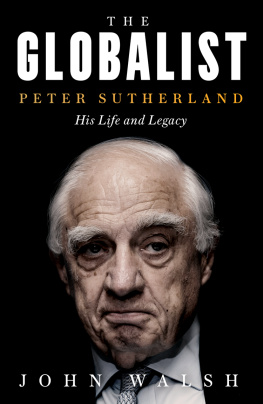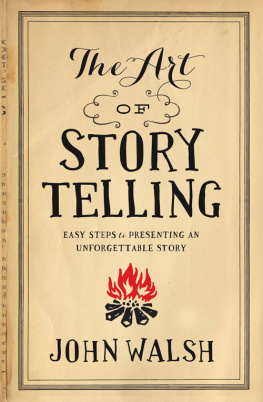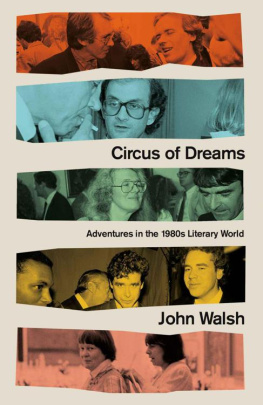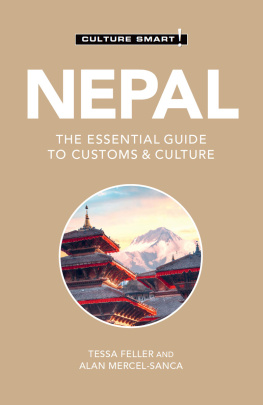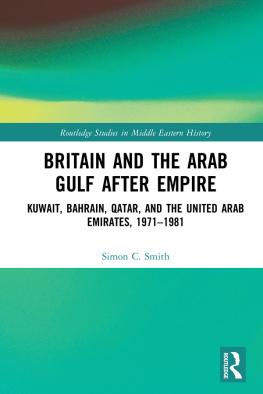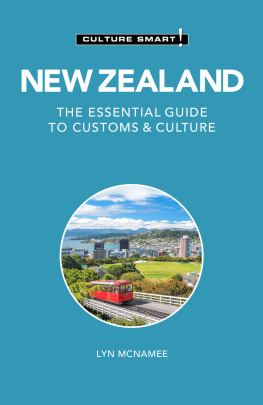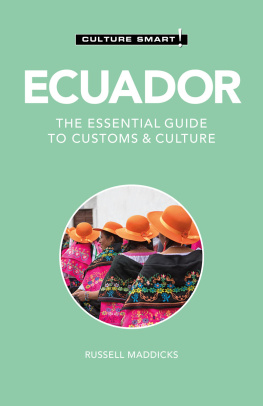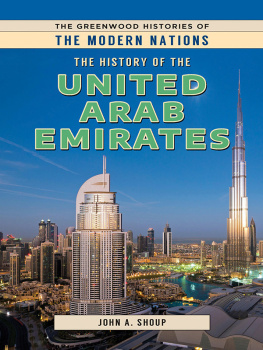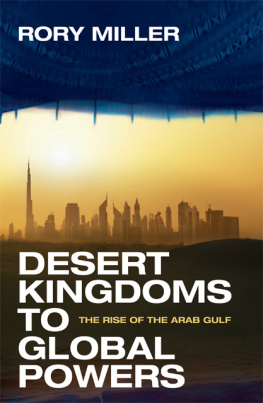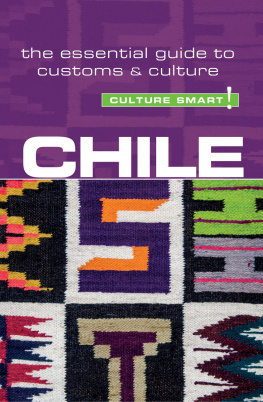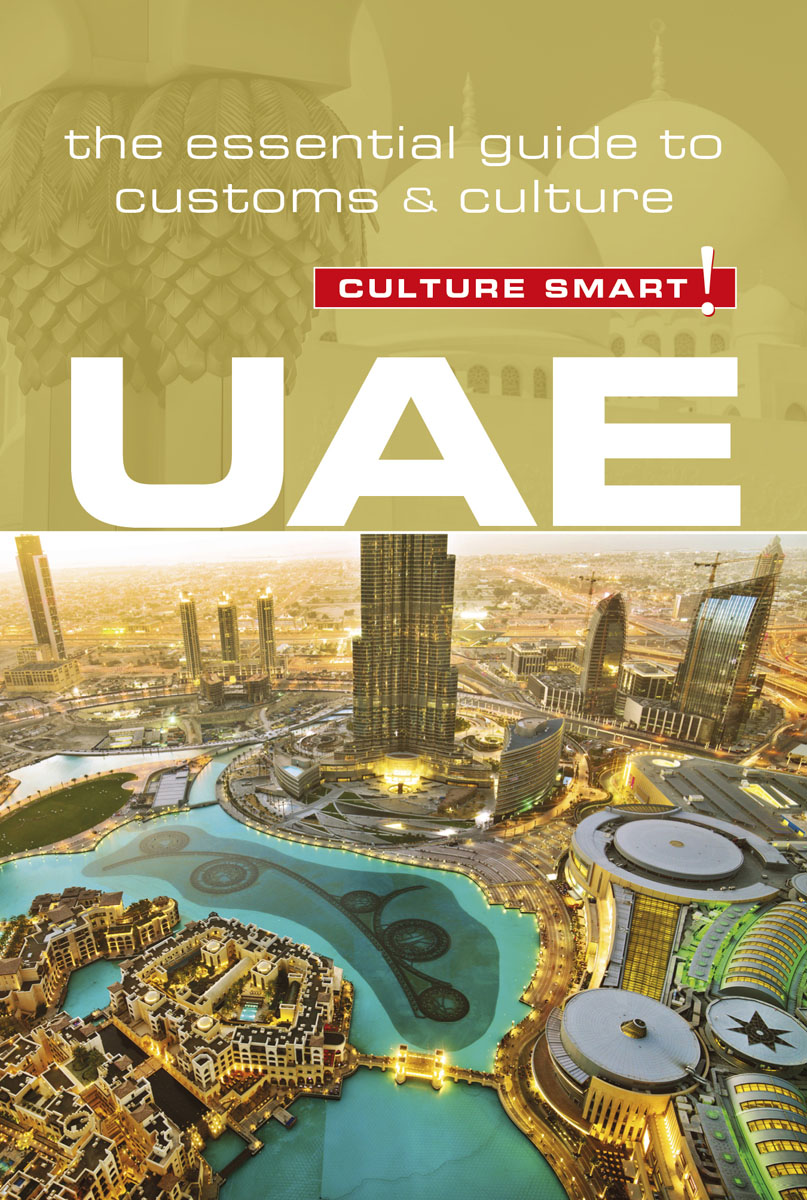
This book is available for special discounts for bulk purchases for sales promotions or premiums. Special editions, including personalized covers, excerpts of existing books, and corporate imprints, can be created in large quantities for special needs.
For more information contact Kuperard publishers at the address below.
ISBN 978 1 85733 874 4
British Library Cataloguing in Publication Data
A CIP catalogue entry for this book is available from the British Library
First published in Great Britain
by Kuperard, an imprint of Bravo Ltd
59 Hutton Grove, London N12 8DS
Tel: +44 (0) 20 8446 2440 Fax: +44 (0) 20 8446 2441
www.culturesmart.co.uk
Inquiries:
Series Editor Geoffrey Chesler
Design Bobby Birchall
Printed in India
Cover image: Aerial view of downtown Dubai. iStock.
Images on these pages are reproduced under the following licenses:
Images on pages Shutterstock.
Creative Commons CC0 1.0 Universal Public Domain Dedication: User:Willem_90.
Creative Commons Attribution 2.0 Generic: ) from London, United Kingdom.
Creative Commons Attribution 2.5 Generic: Kaippally at English Wikipedia; 121 Rob Young from UK.
Creative Commons Attribution-ShareAlike 2.0: Shaibalahmar.
Creative Commons attribution ShareAlike 3.0: ).
Creative Commons attribution Share Alike 3.0 Unported: Petar Miloevi.
Creative Commons Attribution-ShareAlike 4.0: Mostafamerji.
Creative Commons Attribution-ShareAlike 4.0 International: DPR 2016.
About the Author
JESSICA HILL is a freelance journalist. A graduate in Contemporary History from the University of Sussex, she went on to complete a NCTJ diploma in newspaper journalism at the University of Brighton. In 2011 she moved to Abu Dhabi where she wrote for the UAEs most popular English newspaper, The National. Today she lives in Colchester, UK, and remains a regular contributor to The National newspaper, returning to the UAE frequently for assignments.
JOHN WALSH is Assistant Professor in Marketing and Communication at Shinawatra University in Bangkok, Thailand. His doctorate, from the University of Oxford, was for research on international management. He has written extensively for learned journals, contributed to a number of encyclopedias, undertaken media and consultancy work, and also been widely published in non-academic fields. Having lived and worked in Sudan, Greece, South Korea, Australia, and the United Arab Emirates, he now lives in Bangkok.
The Culture Smart! series is continuing to expand. All Culture Smart! guides are available as e-books, and many as audio books.
For latest titles visit
www.culturesmart.co.uk
The publishers would like to thank CultureSmart!Consulting for its help in researching and developing the concept for this series.
CultureSmart!Consulting creates tailor-made seminars and consultancy programs to meet a wide range of corporate, public-sector, and individual needs. Whether delivering courses on multicultural team building in the USA, preparing Chinese engineers for a posting in Europe, training call-center staff in India, or raising the awareness of police forces to the needs of diverse ethnic communities, it provides essential, practical, and powerful skills worldwide to an increasingly international workforce.
For details, visit www.culturesmartconsulting.com
CultureSmart!Consulting and CultureSmart! guides have both contributed to and featured regularly in the weekly travel program Fast Track on BBC World TV.
contents
Map of the UAE

introduction
While the UAE is one of the most conservative societies in the world, it also prides itself on being one of the most forward-looking. With its strikingly modern architecture and showcasing of new technologies, it can be easy to forget that only fifty years ago, the UAE was a very poor desert country, on the peripheries of the Arab world and Britains colonial empire. The older generation of Emiratis, who today preside over their countrys multibillion dollar wealth funds, had to endure a harsh, nomadic existence, their survival dependent that the annual rains would fall each winter to avert famine. The discovery of oil changed all that, although it took the wise leadership of Sheikh Zayed bin Sultan al Nahyan (19182004) to ensure that the blessings of wealth did not become a curse. He left behind a powerful legacy in which desert tradition is balanced with modernity and tolerance that continues to this day.
The UAE is ambitious and aims to be a global leader in the Arab world. An interview conducted in 2007 by CBSs 60 Minutes news program with Sheikh Mohammed bin Rashid al Maktoum, ruler of Dubai and Prime Minister of the UAE, demonstrates clearly the goals the country has set itself. In answer to the question on his homeland, What do you want this place to be? he replied:
I want it to be number one. Not in the region, but in the world. In everythinghigher education, health, and housing. Just making my people have the highest way of living.
Asked why he wanted everything to be the biggest, the tallest, he replied,
Why not?
Futuristic in their business endeavors and welcoming of technological breakthroughs in areas of particular interestartificial intelligence and space travel (the UAE plans to set up a space agency and send the Arab worlds first mission to Mars by 2021)the Emiratis still manage to maintain an enduring bond with the desert, and a tight-knit family structure that is waning in other parts of the developed world. The UAE also manages to retain its Islamic essence, and the daily routine of life is accompanied by the cadences of the muezzins calls to prayer from the countrys many mosques.
Combined with the legendary Arabic sense of hospitality, this makes the UAE a potentially extremely rewarding place to visit. This book will introduce you to the history and culture of the Emiratis, and smooth your path toward full enjoyment of a fascinating experience.
Key Facts
Official Name | United Arab Emirates (Al Imarat al Arabiyah al Muttahidah) | Member of the Gulf Cooperation Council, Organization of Petroleum Exporting Countries |
Capital City | Abu Dhabi Pop. of Abu Dhabi Emirate is approx. 2.908 million (1,857,618 Males, 1,050,555 Females) | 20 percent of the population of the UAE live in rural areas. |
Largest cities | Dubai, Abu Dhabi, Sharjah |
Population | 9,487,826 |
Ethnic Makeup | The largest group of non-UAE nationals are South Asian (58%), followed by other Asians (17%) and Western expatriates (8.5%). Only 10% of the population are UAE nationals. | The proportions vary according to demand for migrant labor. The UAE also has the highest gender imbalance in the world with a male/female ratio of 2.2, or 2.75 for the 1565 age group. |
Age Structure | 0-14: 21% 15-64: 78% 65: 1% 73% of the adult (15+) population is male. |
Area | 32,278 sq. miles (83,600 sq. km) | |
Next page
